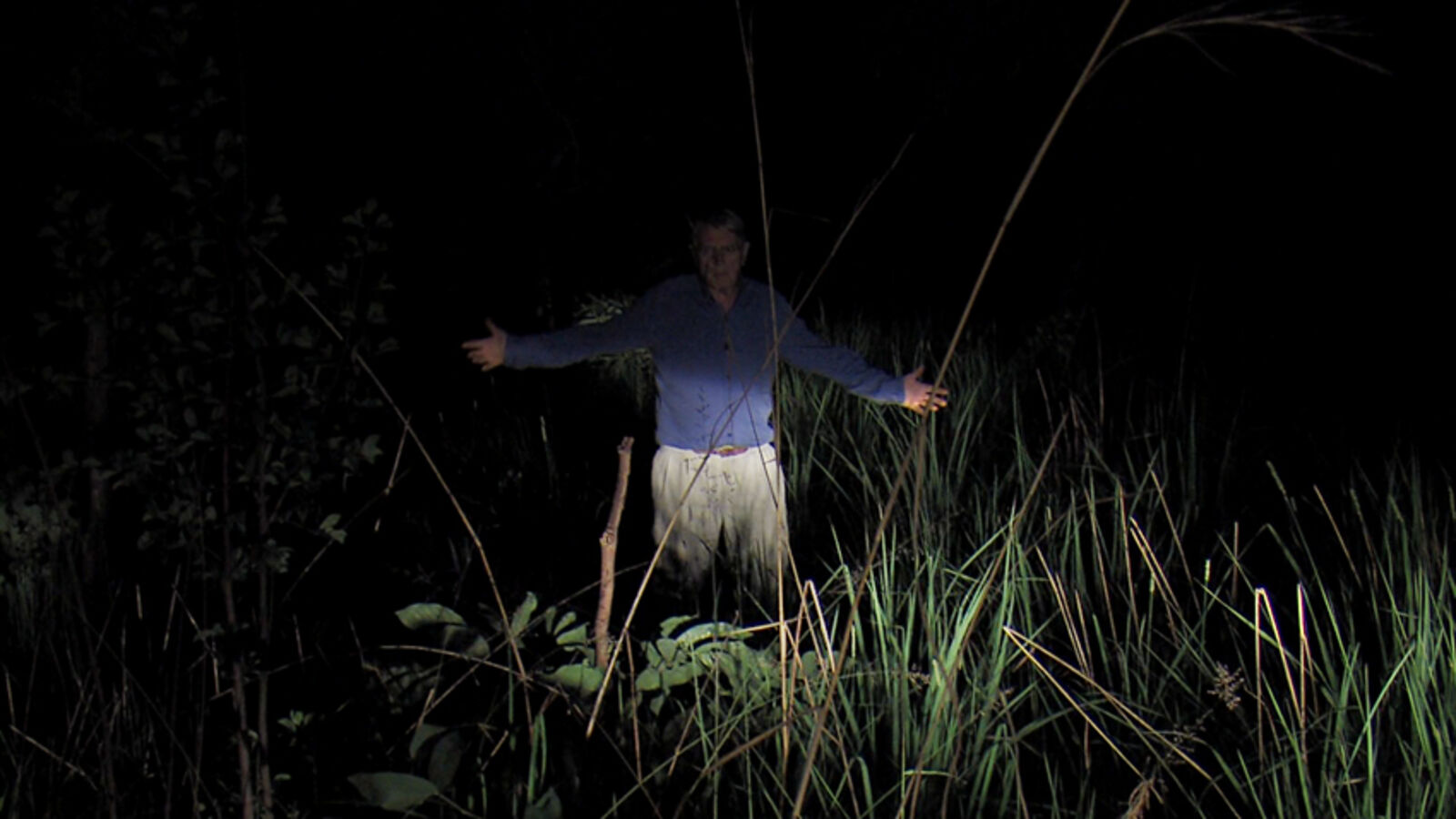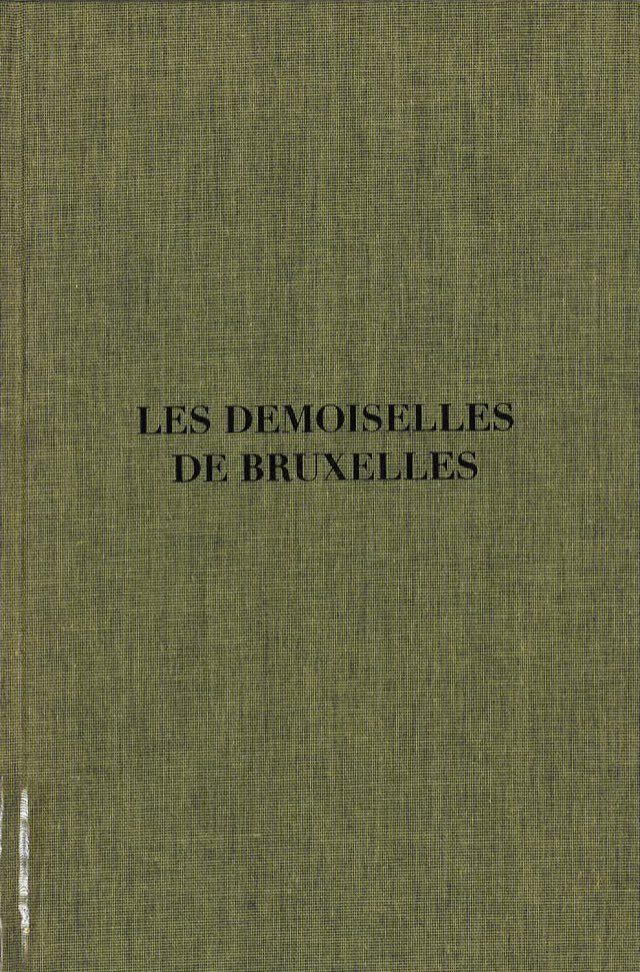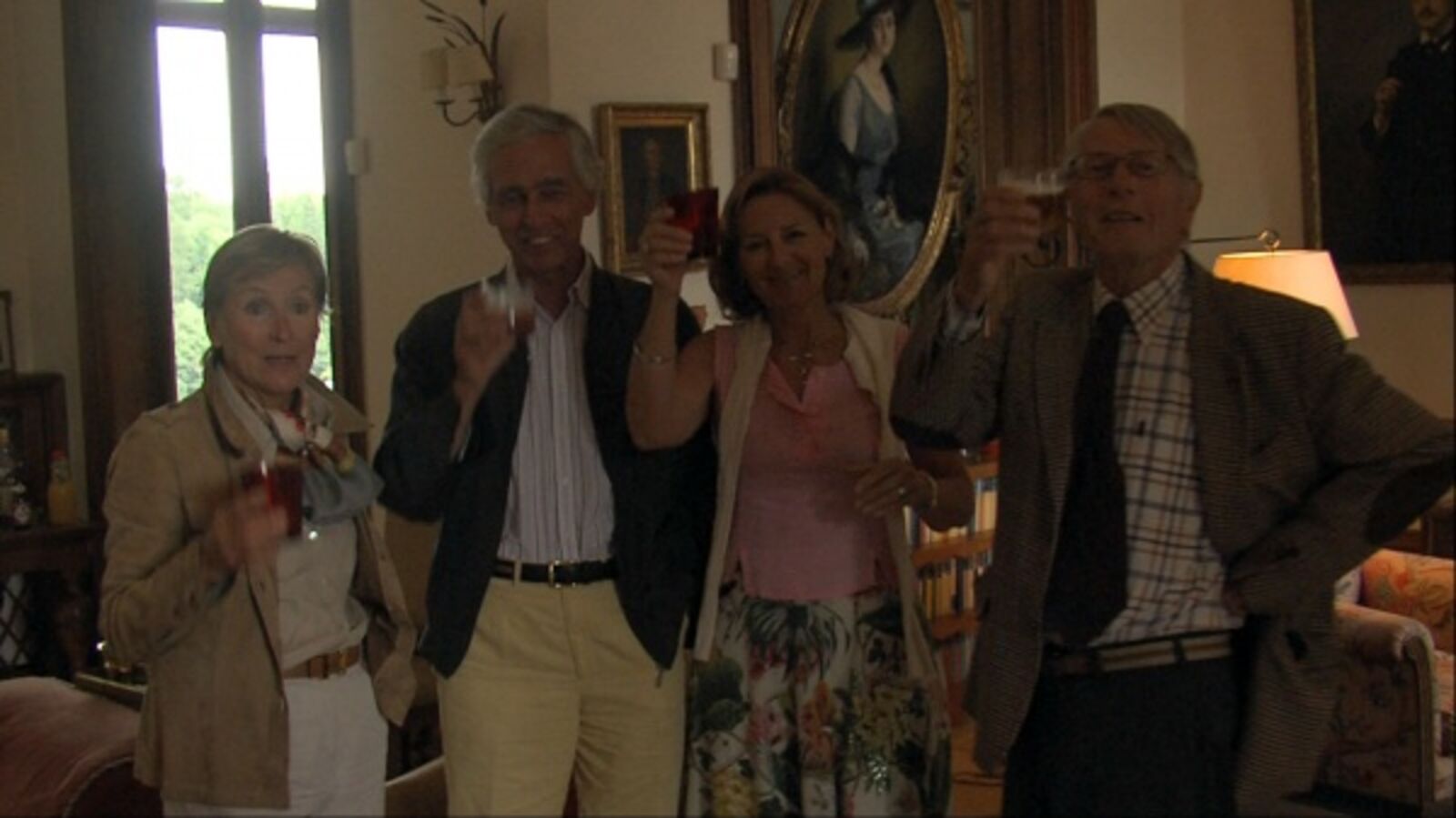de Appel on the side: “Spectres”
UvA Doelenzaal, University Library, Singel 425

Language: English
Normal entrance: € 7,-
Student entrance: € 5,-
2 or 3 Events entrance: € 5,- per ticket
Programme within the context of “Spectres”
De Appel arts centre, the Tropenmuseum, Marres, Centre for Contemporary Culture, Maastricht and the Amsterdam School for Cultural Analysis (ASCA) at the University of Amsterdam (UvA) present three evenings of lectures and discussions following Sven Augustijnen’s solo exhibition “Spectres“ (de Appel, 15 October 2011 – 12 February 2012).
The purpose of these events is to examine and reflect upon issues raised in Augustijnen’s film “Spectres” (2011), which follows a historical witness recounting his quest for the truth about the assassination of Congo independence leader Patrice Lumumba. Augustijnen’s work deploys a reflection around a number of themes, including: the legacy of colonialism in contemporary culture, the construction of historical narratives and the search for (a) truth and shame and guilt in relation to the colonial past. These issues take a greater relief in the current cultural and political debate in the Netherlands. Through its provocative subversion of documentary, the film moreover reflects upon the role of oral testimonies and documentary evidence, on the medium of film and cinematic genres.
The three evenings result from a close collaboration between disciplines and institutions and will bring into dialogue visual artists, curators and academics from different disciplines and areas.
Make your reservation at reservation [at] deappel.nl
Please e-mail your name, the event number and number of normal or student tickets per event. The tickets can be paid at the door. In case of tickets for multiple events, please pay them at once at the first event you'll visit.
Event 1. “Spectres of History: Documents in Contemporary art”
Date: 25 Jan 2012
Time: 7:30 - 10 PM
Language: English
Speakers: Sven Augustijnen, Vincent Meessen, Wendelien van Oldenborgh, Vincent Vulsma
Moderator: Dr. Sophie Berrebi
In his film, "Spectres" (2011), Sven Augustijnen presents us what French philosopher Paul Ricoeur calls the ‘inextricable opacity of a personal history’ in the form of a former Belgian civil servant, Jacques Brassinne de La Buissière, obsessed with uncovering a historical truth and with the self-justification of his enterprise. The story recounted is marred by an absence of documents that are replaced by an overflow of oral testimonies. "Spectres" offers a powerful reflection on the vagaries of historical discourse. ‘Documents only speak when one knows how to question them,’ wrote historian Marc Bloch. If the historian’s aim in questioning documents is to uncover truth, what might be the aim of the artist who collects them? Is it to let documents, in turn ask questions? To unpack their histories, to turn them inside out like gloves and dismantle their mechanisms, to reveal an ambiguity between transparency and opacity, legibility and illegibility?
This evening consists of a panel discussion on the use, by visual artists, of visual or written documents in the construction and representation of historical narratives. Found, constructed, or missing documents, are envisaged as ghosts of a history that perpetually requires to be re-thought and re-imagined. Artists of different generations and working with film, installation, sculpture and photography, will address these issues in relation to their own works and that of their contemporaries.
Event 2. “The Spectre as Metaphor: Looking for Postcolonial Ghosts in the Work of Jacques Derrida and Achille Mbembe”
Date: 1 Feb 2012
Time: 7.30 - 9.30 PM
Language: English
Keynote: Dr. Esther Peeren
Respondent: Dr. Wayne Modest
Moderators: Ann Demeester, Lisette Smits
Questioning the power of ghosts - the spectres of the past which reappear in the present again and again - is fundamental to Sven Augustijnen’s project and his film “Spectres” (2011). It shows that Europe has not yet come to terms with the spectre of a colonial history that continues to impact the lives of all involved. The title is derived from Derrida’s book “Specters of Marx. The State of the Debt, the Work of Mourning, and the New International” (1993).
This evening, cultural analyst Dr. Esther Peeren gives a keynote lecture, exploring how postcolonial ghosts appear as spectral metaphors in the work of French philosopher Jacques Derrida and Cameroonian political theorist Achille Mbembe. Peeren will focus on the differing perspectives from these theorists and on the problem of agency: how can real people (undocumented migrants, servants, mediums and missing persons) who are constituted as "ghostly" or "spectral" - in the sense of invisible, insignificant or disposable - find effective ways of acting in the world? Peeren will discuss how Augustijnen’s film takes up Derrida's ideas.
The lecture is followed by a response by Dr. Wayne Modest, head of the Curatorial Department at the Tropenmuseum, and a discussion with the audience, moderated by Ann Demeester and Lisette Smits.
Event 3. "Cinema and Spectres"
Date: 08 Feb 2012
Time: 7.30 - 9.30 PM
Language: English
Speakers: Dr. Julia Noordegraaf, Kel O’Neill & Eline Jongsma and Sarah Vanagt
Moderator: Anke Bangma
This evening brings together a media theorist, documentary filmmakers and an artist with a background in film as well as history. They will discuss how different filmic approaches can trace the legacies of colonialism in the present.
The colonial past continues to define the lives of people across the world in manifold ways, but has a complex and often ambiguous place in collective memory and official history. Ann Laura Stoler has argued that postcolonial societies, such as the Netherlands, suffer not so much from historical amnesia as from colonial aphasia. It is a challenging proposition that suggests the past is not forgotten, but that we fail to find the appropriate means to articulate memories and knowledge of the past and connect them in a consequential way to a shared comprehension of the present.
This discussion will look at where the colonial legacies of the Netherlands and Belgium become tangible and who can be the narrators of those histories. It will ask how film can be a means to articulate lived memories that can sometimes only be expressed indirectly, in embodied actions rather than words, in imaginations rather than testimonies of history, in microhistories rather than grand causal patterns.


